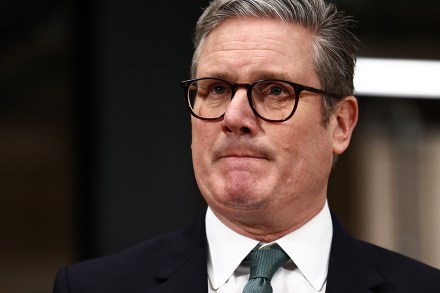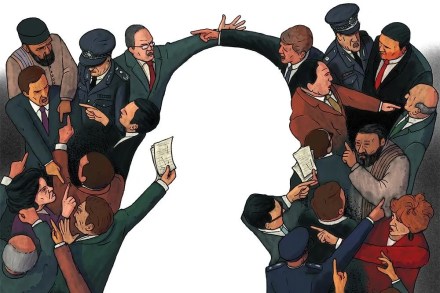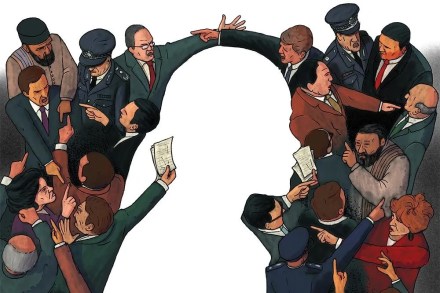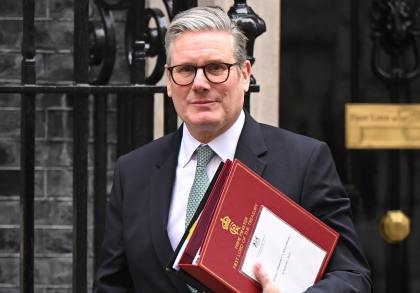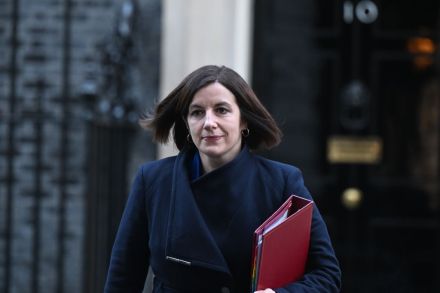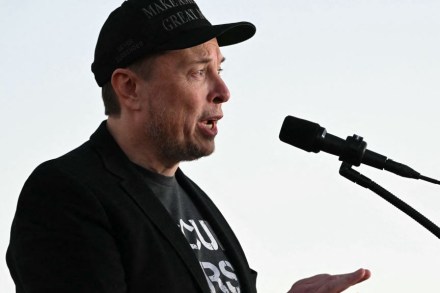Labour has once again betrayed grooming gang victims
Parliament’s last day before recess is usually a dull affair. A one-line whip allows MPs to return to their constituencies early and the matters for debate are deliberately parochial. When the Commons rose for Easter this week, the government could have expected attention to have been even more desultory than normal, since politicians and the media were focused on the fallout from Donald Trump’s global tariff war. Which is why it is all the more concerning that the Home Office chose that afternoon to slip out the announcement that it was retreating from its commitment to investigate the operations of grooming gangs in five local authorities. Someone must have thought






